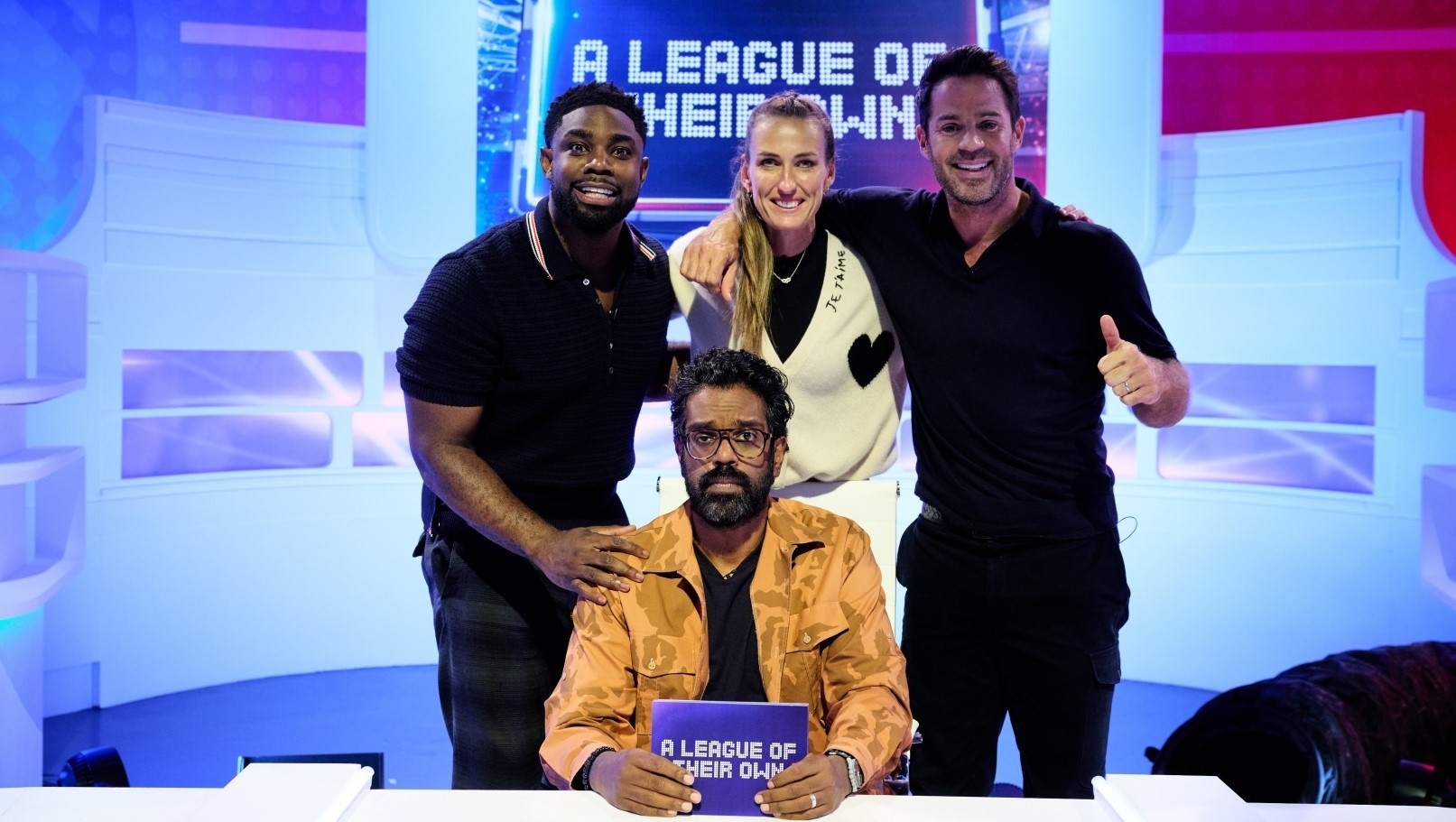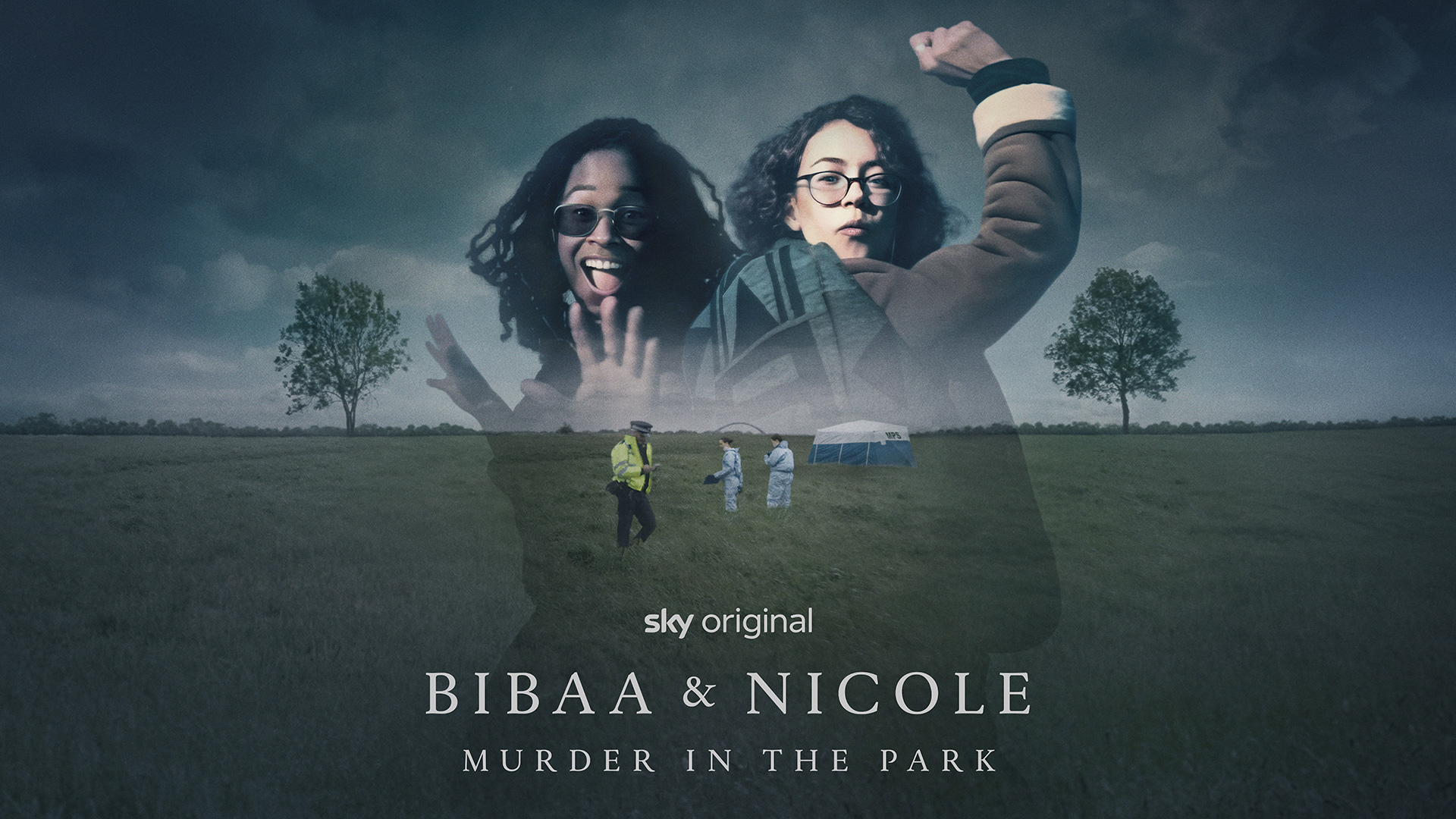Sophy Ridge on Sunday Interview with John McDonnell, Shadow Chancellor, 14.05.17

ANY QUOTES USED MUST BE ATTRIBUTED TO SOPHY RIDGE ON SUNDAY, SKY NEWS
SOPHY RIDGE: Now we start with Labour and after a pretty remarkable manifesto leak, the party descended into the blame game with both sides pointing the finger squarely at each other but peace has returned after realising that days of free headlines for apparently popular policies might not be such a bad thing after all, it makes you wonder. Well we are joined now by the man who has got to make all those sums add up, the Shadow Chancellor John McDonnell, thank you for being with us this morning. Let’s start by talking about your big policy announcement today, the idea of this Robin Hood tax on financial transactions in the City. Now I can see why you want to do this politically, punish those nasty rich bankers who caused the financial crash, but economically it’s pretty risky isn’t it at a time when because of Brexit banks are threatening to move abroad to places like Paris or Frankfurt?
JOHN McDONNELL: It’s not about punishing bankers or anything like that, it’s simply correcting basically, well capping a couple of loopholes that there is in the existing system. We’ve had stamp duty on shares for 300 years and individuals trading those shares pay 0.05% tax on them, stamp duty on them. This hasn’t applied to banks and hedge funds and others and in addition to that, it hasn’t applied to the derivatives markets in terms of basing credit and equity and it hasn’t applied to corporate bonds either so we’re tackling a loophole here. I understand what you’re saying about the issue of does this mean that these transactions will move elsewhere. Well it’s interesting because Europe are now developing their own financial transaction tax and …
SR: But that has been stalled, it has stalled.
JOHN McDONNELL: Well that is interesting, the story of how it stalled is two years old. Last October it moved dramatically forward, ten countries signed up and they are expecting to introduce it this year. In addition to that, this is nothing new, this idea has been around for a long while, I’ve been campaigning for it for over 15 years. In fact Hillary Clinton included it in her Democrat party manifesto as well. What we’re trying to do is correct a loophole, this isn’t about punishing anyone but it is about saying to the banks and the hedge funds that actually where they’re speculating, the most risky speculation in derivatives, we want them to make a contribution, just a fair contribution, very small, we’re saying 0.02%, not even the same level as other transactions.
SR: Well one person who disagrees with you on this is Labour’s Mayor in London, Sadiq Khan.
JOHN McDONNELL: Sadiq has said, yes …
SR: We’ll have a look at what Sadiq Khan has previously said about this. “People will just go to other parts of the world where there is no financial transaction tax.” And he also described the idea as madness, and you can see why because in the year to March 2016 the City of London contributed 11% of all tax revenue, so that’s a big gamble.
JOHN McDONNELL: It is but we’re talking to a tiny fraction more and when Sadiq was saying that, at that point in time the European system had stalled, it hasn’t now, it’s moved on quite swiftly so I think circumstances have changed, now is the right time to do it. This is a small transactional tax, we’re asking for a small contribution from the City. You know, look, we bailed out the City ten years ago when the crash came, we poured hundreds of billions of pounds into it. Since then £100 billion has been given out in bonuses in the City, so we’re asking for a small contribution from them, what to do, to fund our public services, to make sure our children are educated, to make sure we have a decent health service, it’s not much to ask you know.
SR: Let’s talk a bit more about that leaked draft manifesto because it did seem as if this was a complete nightmare, a farce really for the Labour party …
JOHN McDONNELL: It wasn’t very [inaudible], no.
SR: Was it not though because you were guaranteed these free headlines for days, some of your policies are polling quite well, you must be quite pleased with whoever mysterious geniuses leaked it?
JOHN McDONNELL: Well I didn’t want it leaked and it caused a bit of a panic amongst us, I had to work through the night on some of the things to make sure we were prepared for the calls the next day.
SR: So it definitely wasn’t anyone from the leadership team?
JOHN McDONNELL: No, no, no! I know everyone thinks this is a conspiracy but no, it wasn’t. I’ll tell you, when I heard about it I went, what do we now? Actually in the calls the next day we took people through the manifesto, people were very excited. There are a few amendments and you’ll see those in the manifesto we launch on Tuesday but generally the spirit was pretty good. But I don't know, I would rather we’d stuck to our plans rather than this sort of thing. It saves panicking anyway, it saves me sleepless nights!
SR: The issue I am looking at here, we have all seen the leaked manifesto and I really am struggling to see how some of these numbers add up so if you put to one side the 25 billion of borrowing for infrastructure spending, you’re still pledging at least £60 billion a year, does that figure sound right to you?
JOHN McDONNELL: I don’t want to disappoint you Sophie. Wait until Tuesday, we’re going to set out every policy, the costing of that policy and the funding source and I don't think any political party has ever done this before on any scale and in this detail. You’ll see the funding sources will have been assessed and they will be derived from professional advice that we’ve had over the time, just like the Robin Hood tax today, I devised that on the basis of what economists were saying, what tax collectors themselves have been saying to us and tax lawyers as well and are using that range of expertise to get there.
SR: So it’s going to be an uphill task though to find all this money because by my reckoning you’re about £35 billion short, sorry £35 billion of extra revenue that you’ve said previously, £5 billion from the Robin Hood tax, £6 billion income tax, £20 billion from Corporation Tax, you’re still an awful way short there so between now and the manifesto you are basically saying there is going to be an extra tax or extra spending.
JOHN McDONNELL: You’ll see on Tuesday what we’re saying, there will be no black holes or anything like that, there’ll be a fully costed programme. Look, compare us with the Conservatives this morning, they’ve just launched a housing promise which I can’t see a £ sign in the press release or the information that they’ve provided us with and it’s one that’s completely speculative based on past performance which has been an utter failure for the last seven years. You’ll see on Tuesday, I think there are exciting policies some of which of course have been leaked but you’ll see a costed programme and that will be …
SR: So we can hold you to this then? So if it’s not costed you’ll come back here?
JOHN McDONNELL: Bring me back and we’ll go through it line by line, hold me to it.
SR: Okay, I’ll hold you to that in that case. Let’s talk about some of the ideas, you say you’re excited about some of your manifesto commitments but it does seem as though some of the things that have been described as radical and left wing are not necessarily so. Take tuition fees for example, in many ways that is quite a regressive policy because graduates earn around £6000 a year more than non-graduates, so why should a plumber for example fund the education of someone who may come from a much wealthier background, that is an expensive pledge.
JOHN McDONNELL: Because that plumber will have a son and daughter that want to university, aspires to go to university but doesn’t want to come out burdened by debt and to be frank what we want to do is build upon that aspiration.
SR: But they can pay it back when they can currently, don’t they, when they earn enough to be able to afford it?
JOHN McDONNELL: What’s interesting about this, this system is imploding. We now know that half the amount is not going to be paid back so this system, whoever is in government in the long term would have had to have adjusted and tackle this problem. The predictions are at least half the amount of money that’s lent out will not be paid. Someone has got to correct this system and if we can correct it in a way in which actually tuition fees are abolished, people do not get saddled with debt in that way and at the same time it is affordable for the general taxation I think that’s the way forward, rather than having to burden our young people with debt and a system that’s going to collapse anyway.
SR: You see in some ways you could say it’s a similar story with free school meals for example where you are talking about universal free school meals, not means testing, again that is an expensive give away for people who can already afford it.
JOHN McDONNELL: As we fund that, we thought the best way to do it was to put VAT on the private schools …
SR: But I’m talking about the decision where you spend the money, free school meals for everyone including the very wealthy.
JOHN McDONNELL: You have to … my view is that universal benefits are the best because everyone gets them and therefore everyone defends them and yes, you can use that phrase ‘we’re all in it together’. I think it’s helpful for society overall and also you do have to say will that be funded fairly and we believe that all the proposals we are putting forward are costed but also fairly funded as well as properly funded.
SR: Because I do wonder, you are giving give aways there to people who don’t necessarily need it and education of course is a huge issue for lots of people, there are lots of inequalities in education, disadvantaged kids already a year behind their peers before they start so why is it that you are deciding to spend the money on wealthy families and actually a bit of a bung to the [inaudible] …
JOHN McDONNELL: Let’s take the example of tuition fees. On the latest statistics, the percentage of children from state schools has actually gone down since, in percentage terms, since it went from £3000 to £9000. I don’t want anything to be a disincentive in terms of people staying on for education, higher education in particular. In many ways, if we abolish the tuition fees altogether we’ll enable people to go to university without that burden, we will not be dividing people up either, it will be all people wanting to have an education because my view is this, that education is a gift from one generation to another, it’s not a commodity to be bought and sold.
SR: Did you have a row with Angela Rayner about this?
JOHN McDONNELL: No, I don't know where that came from, no. No, we’ve always worked closely together on this and she is supportive of our overall education policy, of course she is. I’ll tell you, Angela Rayner for me, I always felt she was going to be the Nye Bevan of the Jeremy Corbyn government because Nye introduced the free National Health Service from cradle to grave, she is going to introduce a national education service from cradle to grave.
SR: So you are talking about universal benefits here and it is interesting as well on pensions because on pensions you are effectively to the right of Theresa May as well by guaranteeing the triple lock to people who have already done very well.
JOHN McDONNELL: How does that place me to the right of Theresa May?
SR: Pensioners have done very well compared to people of working age.
JOHN McDONNELL: We’ve got nearly two million pensioners in poverty at the moment and if we don’t invest and maintain the triple lock, now those young people …
SR: Pensions have gone up more than real wages which have stagnated over the last few years.
JOHN McDONNELL: Look, in the 1980s Mrs Thatcher broke the link between earnings and pensions. As a result of that pensioners are living in poverty, large numbers of them. I’ve been campaigning 30 years for this. When the Tories introduced the triple lock I supported them because I do not want our pensioners living in poverty. In addition to that, I do not want the young people today to have a pension in the future that puts them into poverty, this is the way of protecting it.
SR: But that policy has worked because pensioners are now better off than working age households so again I’m asking you …
JOHN McDONNELL: What does that say then?
SR: Why are you choosing to spend money on people who doing better …?
JOHN McDONNELL: Okay, let me respond. People in work at the moment, why are two thirds of our children in poverty who have someone in their household in work? Why is that? Because wages are so low so we’re tackling that by introducing a £10 minimum wage and yes, restoring trade union rights at work so that wages can be protected. We are looking after not just pensioners, we’re looking after working families as well, it isn’t one or the other. Also on this pensions issue, the young people of today are the pensioners of tomorrow, we undermine the pension today they will inherit basically poverty in old age, that’s why this is so important.
SR: You see you say you have got this radical left wing vision but it’s hard not to conclude that actually you are doing exactly the same as what all politicians do at election time which is expensive bungs to people who don’t necessarily need it.
JOHN McDONNELL: No, we’re transforming society, we’re making it more equal, making it radically fairer and that’s why I’m saying today in terms of the City of London, the hedge funds and the banks, we need you to pay a bit more because we need you invest fairly in our society so that our children can be educated, that we do not have queues waiting for operations in the way that we have at the moment, people on trolleys in corridors in hospitals, we’re asking everyone just to pay their fair share.
SR: Now if you look at the polls it does still seem as though the Conservatives are going to be the ones with the keys to Number Ten. Jeremy Corbyn in a recent interview said this about whether or not he would say on as leader if Labour lose: “I was elected leader of this party and I’ll stay leader of this party.” If Jeremy Corbyn, you closet ally in politics, gets around the same vote share as Ed Miliband did last time, do you think he’s got a case to stay on?
JOHN McDONNELL: This is a daft question. When someone is about to start a race you don’t go up to them and say are you going to win or lose and what are you going to do at the end? We are in the middle of this race and we’re fighting it hard. Yes, we’ve improved in the polls this week and I think that you’ll see that in the next few weeks itself and we’re in it to win, full stop.
SR: You say you don’t ask people, but of course you ask people. David Cameron for example was asked whether or not he’d resign or not if he lost the referendum, it’s a genuine question.
JOHN McDONNELL: It’s a hypothetical question, we’re in it to win, we’re in it to win this election, we’re mobilising now, we’re improving in the polls. Our policies, every time we announce them, have huge tremendous support and in these next few weeks I think you’ll see us turning this round.
SR: Previously you’ve said it would be inevitable that he’d step down if he lost, have you changed your view?
JOHN McDONNELL: No, not at all, what I’m saying now is that we’re in a general election campaign, I think we’re going to win, I think the polls are showing that because our policies are so promising and on the basis of that you’ll see Jeremy Corbyn in Number Ten, full stop.
SR: So you are agreeing with yourself before that it would be inevitable?
JOHN McDONNELL: No, I’m not even going there. What I’m saying is, we are in the middle of an election campaign, we’re fighting for every vote. We know how tough it is, we know what the polls are saying but we’re turning it, we’re turning that corner.
SR: Okay, Shadow Chancellor John McDonnell, thank you very much for coming on the show today.




